I went to visit her dad today to show him that his daughter has a friend here and is staying strong. My first surprise was that he is in the special VIP ward which means he can pay the 700 rupee a day charge for a private room (approx. $12). It is very similar to the hospital rooms at Wake, minus the sailboat picture on the wall, air conditioning, and there is no flat screen TV. My friend has hired an aid to be with her father 24/7 as an extra measure because here the patient attendants have the responsibility for all the needs of the patient. There isn't much I did for her father expect offer reassurance and support. Hopefully he will get well enough soon to make his flight to the US.
The rest of the day was spent recuperating. It seems that I have caught a type of cold virus. Yesterday it started with my left eye watering and a runny nose. Today it progressed to congestion, headache, and a few muscle aches. Nothing very serious just a bit of an inconvenience. There are numerous people with the same type of symptoms and I was told it should only last a couple days. Keep your fingers crossed!
The guys taking care of me we excited to give me a taste of America today for a Sunday treat, Diet Coke.
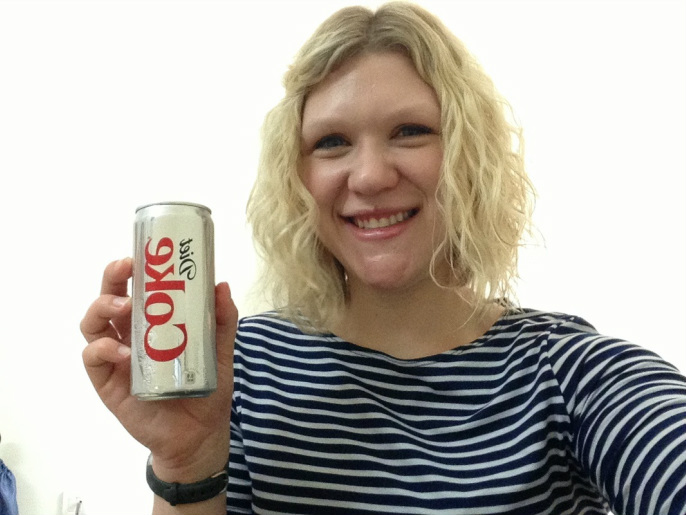
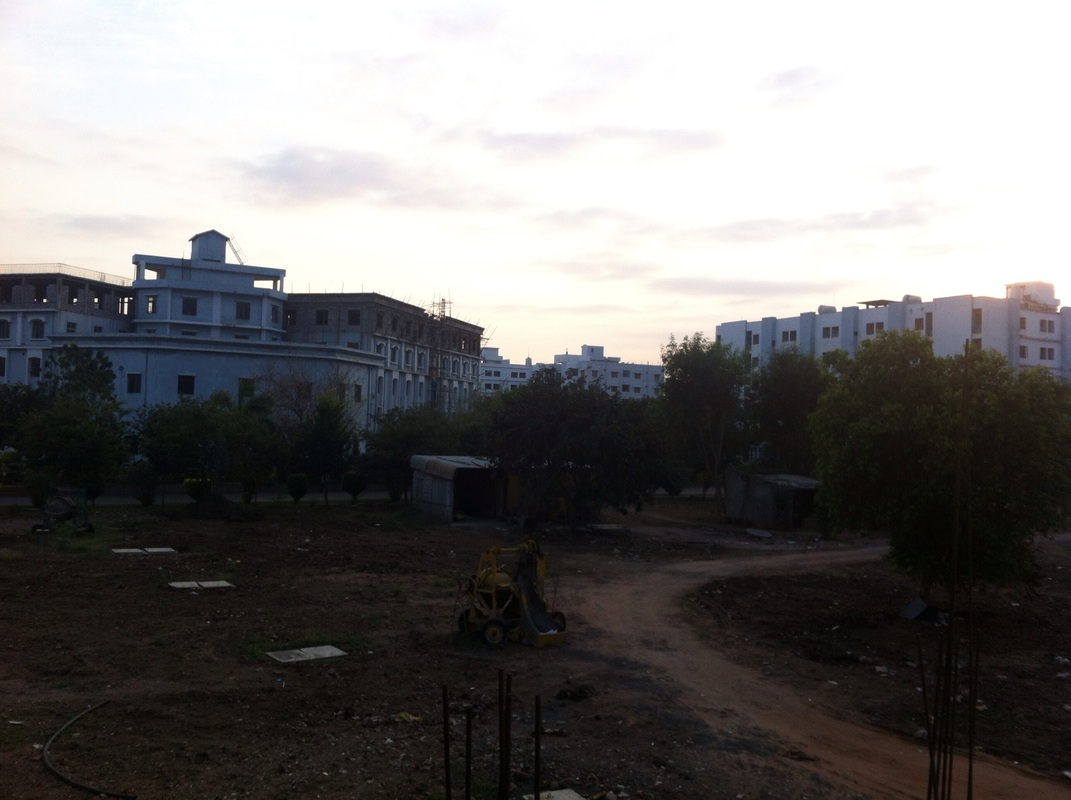
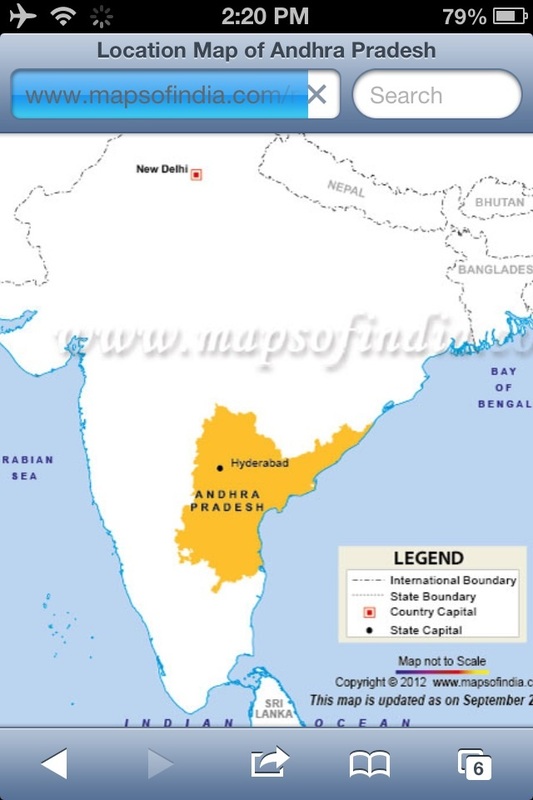
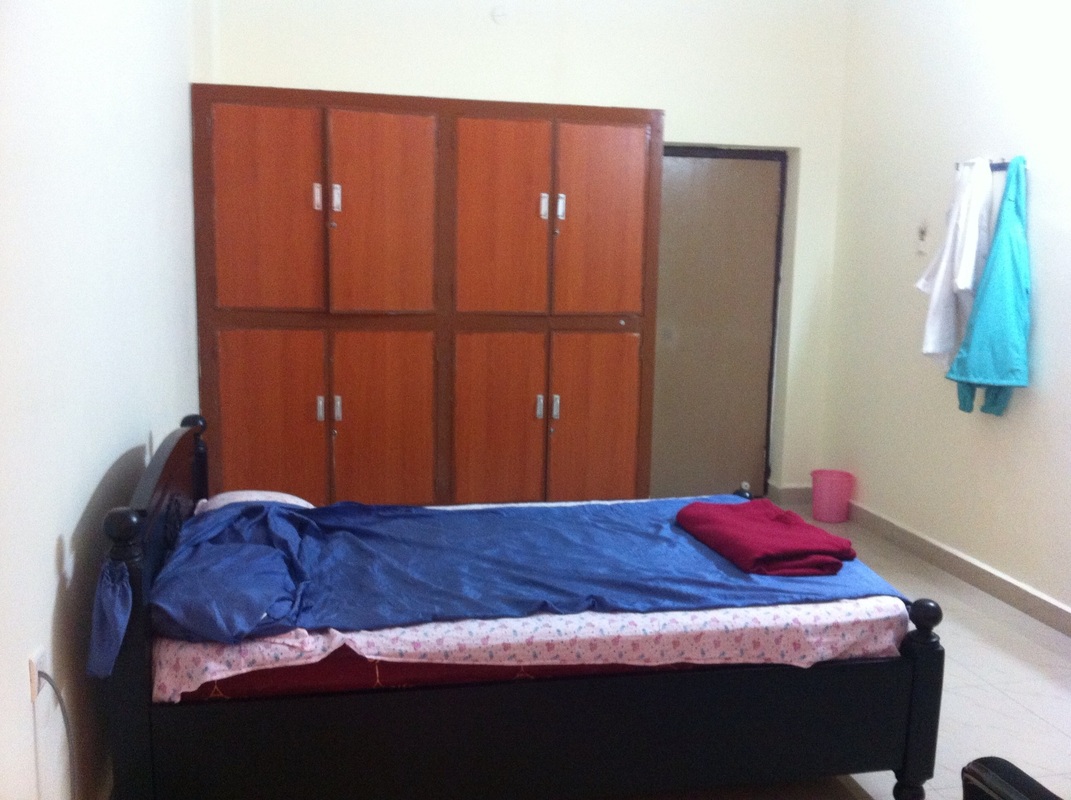
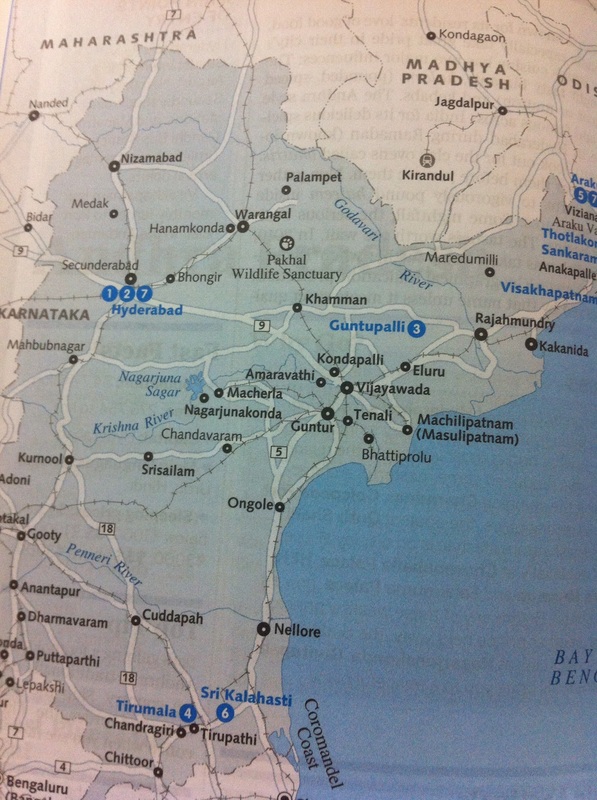
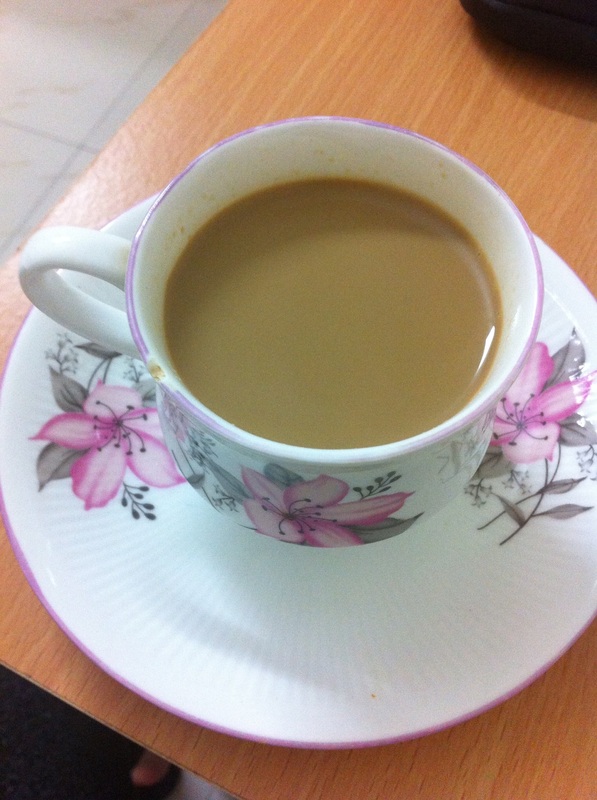
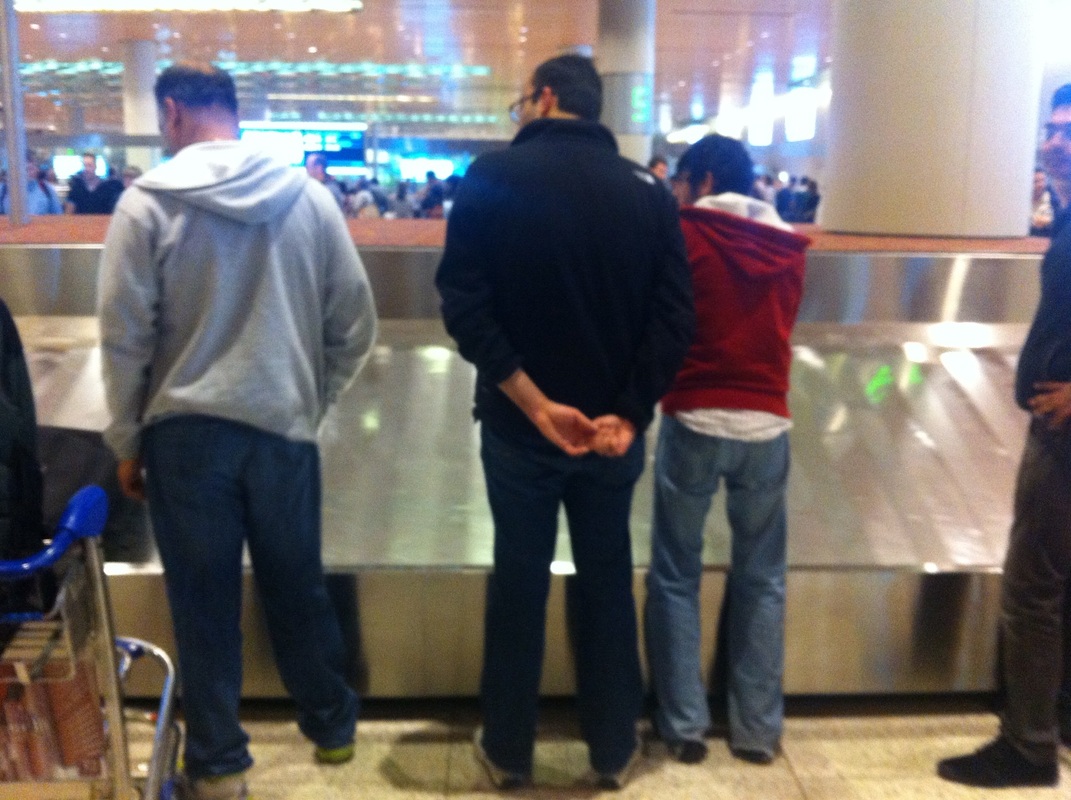

 RSS Feed
RSS Feed
